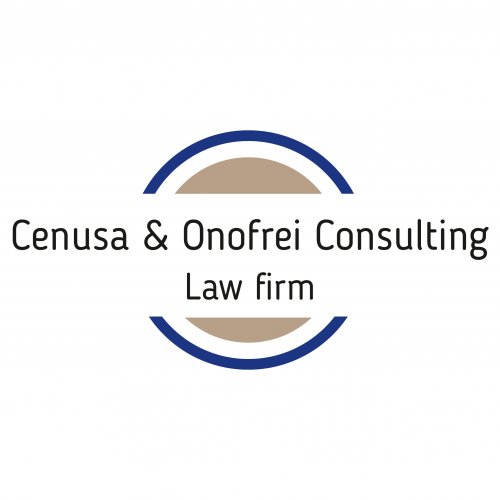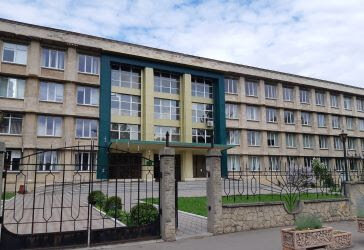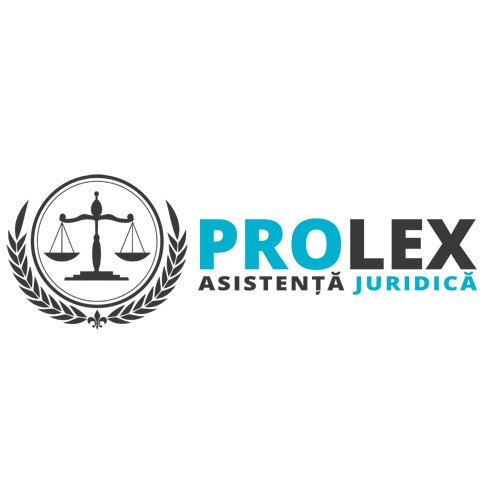Best Family Lawyers in Republic of Moldova
Share your needs with us, get contacted by law firms.
Free. Takes 2 min.
Free Guide to Hiring a Family Lawyer
Or refine your search by selecting a city:
List of the best lawyers in Republic of Moldova
About Family Law in Republic of Moldova
Family law in the Republic of Moldova encompasses a range of legal issues related to family relationships, such as marriage, divorce, child custody, adoption, and domestic violence. The governing body of family law in the country is primarily derived from the Family Code of the Republic of Moldova, which outlines the rights and responsibilities of family members, procedures for resolving family disputes, and protections for vulnerable family members. The legal system aims to preserve family integrity while ensuring the welfare and rights of each individual family member.
Why You May Need a Lawyer
Engaging a lawyer can be crucial in several family-related circumstances. Common situations where legal assistance may be needed include:
- Filing for divorce or legal separation and navigating the complexities of property division and alimony.
- Determining child custody arrangements and negotiating parenting plans.
- Handling adoption proceedings or issues related to paternity.
- Addressing allegations or situations of domestic violence and seeking protection orders.
- Understanding and drafting prenuptial or postnuptial agreements.
- Addressing inheritance issues that arise within the family context.
- Dealing with cross-border family legal issues, particularly given Moldova's geographical position.
Local Laws Overview
Some of the key aspects of family law in the Republic of Moldova include:
- Marriage: The legal age for marriage is 18, although exceptions may be made with parental consent or court approval for individuals aged 16 to 18.
- Divorce: Grounds for divorce include mutual consent, irreconcilable differences, or specific fault-based reasons. The process requires court involvement to resolve issues such as child custody and property division.
- Child Custody: Custody decisions are based on the best interests of the child, considering factors such as the child’s age, health, and emotional ties to each parent.
- Adoption: Adoption is strictly regulated, with priority given to Moldovan citizens. The process involves a thorough assessment to ensure the child's welfare.
- Domestic Violence: Legal protections are available to victims of domestic violence, including restraining orders and support services.
Frequently Asked Questions
What is the legal process for filing for divorce in Moldova?
To file for divorce, one must submit a petition to the court. If the couple has mutual consent, a simplified procedure may be applied; otherwise, the process might involve hearings and resolutions on issues like child custody and property division.
How are child custody matters determined?
Child custody is determined based on the best interest of the child, evaluating factors like the child’s relationship with parents, their physical and mental health, and the ability of each parent to provide for the child's needs.
Can a prenuptial agreement be enforced in Moldova?
Yes, prenuptial agreements are recognized in Moldova, provided they are in writing and signed by both parties. They must adhere to legal standards to be enforceable.
What are the grounds for annulment of marriage?
Annulment may be granted in cases of fraud, duress, mental incapacity at the time of marriage, or if one party was already married (bigamy).
How does domestic violence impact custody decisions?
Domestic violence is a critical factor in custody determinations. The court prioritizes the child's safety, potentially restricting visitation or awarding sole custody to the non-abusive parent.
How are assets divided in a divorce?
Marriage is generally regarded as a partnership, with marital assets divided equitably. However, non-marital property, acquired before marriage, is usually retained by the original owner.
What is the process for adopting a child in Moldova?
Adoption requires an assessment by social services, court approval, and sometimes a waiting period. Preference is given to Moldovan adopters, and international adoptions are more complex.
Is it possible to change a child’s surname post-divorce?
Changing a child’s surname post-divorce requires the consent of both parents or a court order, based on whether the change benefits the child’s welfare.
How can a victim of domestic violence seek protection?
Victims can obtain protection orders through the courts, which may include eviction of the abuser from the family home and prohibition from contacting the victim.
Are there legal provisions for same-sex partnerships in Moldova?
Moldova does not currently recognize same-sex marriages or civil unions, and related rights are limited.
Additional Resources
For further assistance, consider reaching out to these resources:
- Ministry of Justice: Offers information on legal processes and access to legal resources.
- Bar Association of the Republic of Moldova: A directory of registered family law practitioners.
- National Center for Child Abuse Prevention: Provides support for child welfare and advocacy services.
- Center for Legal Assistance for People with Disabilities: Offers assistance for vulnerable groups facing domestic problems.
Next Steps
If you need legal assistance regarding family law issues, consider the following steps:
- Assess your specific needs and gather all relevant documentation related to your case.
- Consult with a qualified family law attorney. You can contact the Bar Association to find a list of local lawyers specializing in family law.
- Prepare a list of questions and concerns to discuss with your lawyer to maximize the effectiveness of your consultation.
- Engage with any recommended support services, particularly in cases involving domestic violence or child welfare.
- Follow your lawyer’s advice in pursuing legal action or settling disputes through mediation when possible.
- Stay informed about your legal rights and responsibilities as family law can have lasting effects on your personal and financial circumstances.
Lawzana helps you find the best lawyers and law firms in Republic of Moldova through a curated and pre-screened list of qualified legal professionals. Our platform offers rankings and detailed profiles of attorneys and law firms, allowing you to compare based on practice areas, including Family, experience, and client feedback.
Each profile includes a description of the firm's areas of practice, client reviews, team members and partners, year of establishment, spoken languages, office locations, contact information, social media presence, and any published articles or resources. Most firms on our platform speak English and are experienced in both local and international legal matters.
Get a quote from top-rated law firms in Republic of Moldova — quickly, securely, and without unnecessary hassle.
Disclaimer:
The information provided on this page is for general informational purposes only and does not constitute legal advice. While we strive to ensure the accuracy and relevance of the content, legal information may change over time, and interpretations of the law can vary. You should always consult with a qualified legal professional for advice specific to your situation.
We disclaim all liability for actions taken or not taken based on the content of this page. If you believe any information is incorrect or outdated, please contact us, and we will review and update it where appropriate.
Browse family law firms by service in Republic of Moldova
Republic of Moldova Attorneys in related practice areas.
Browse family law firms by city in Republic of Moldova
Refine your search by selecting a city.

















